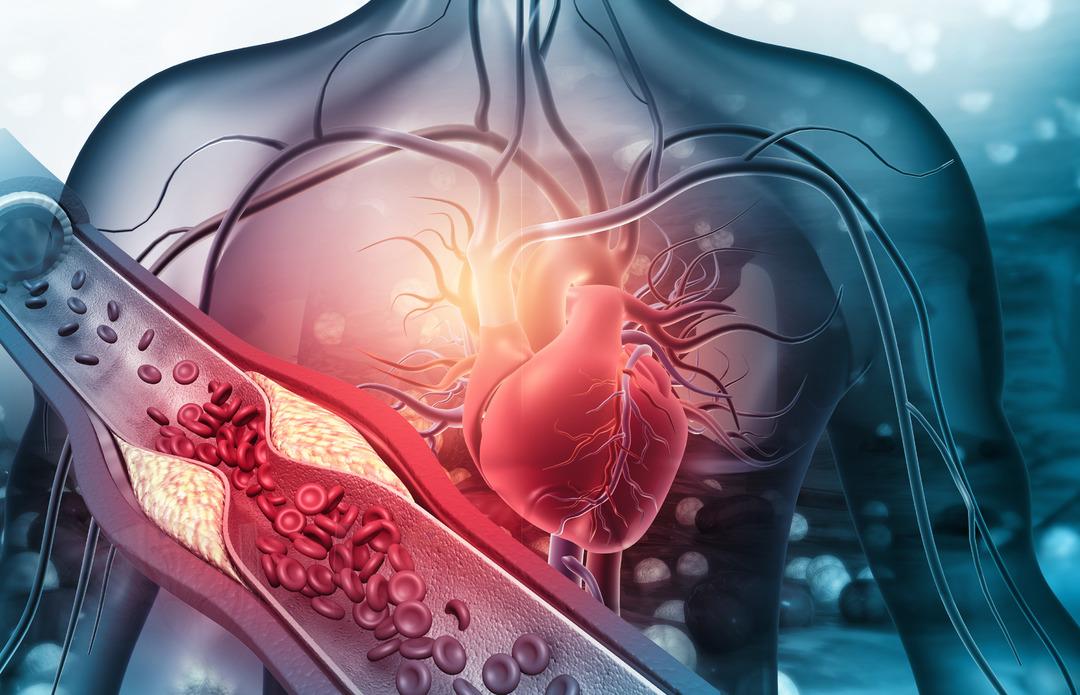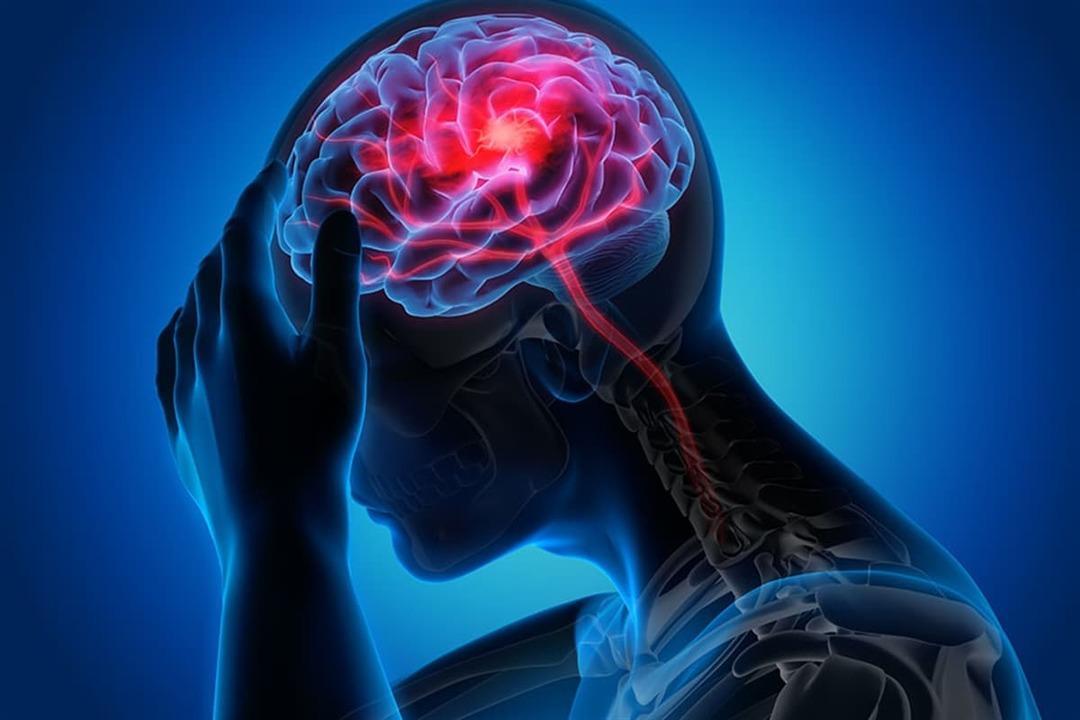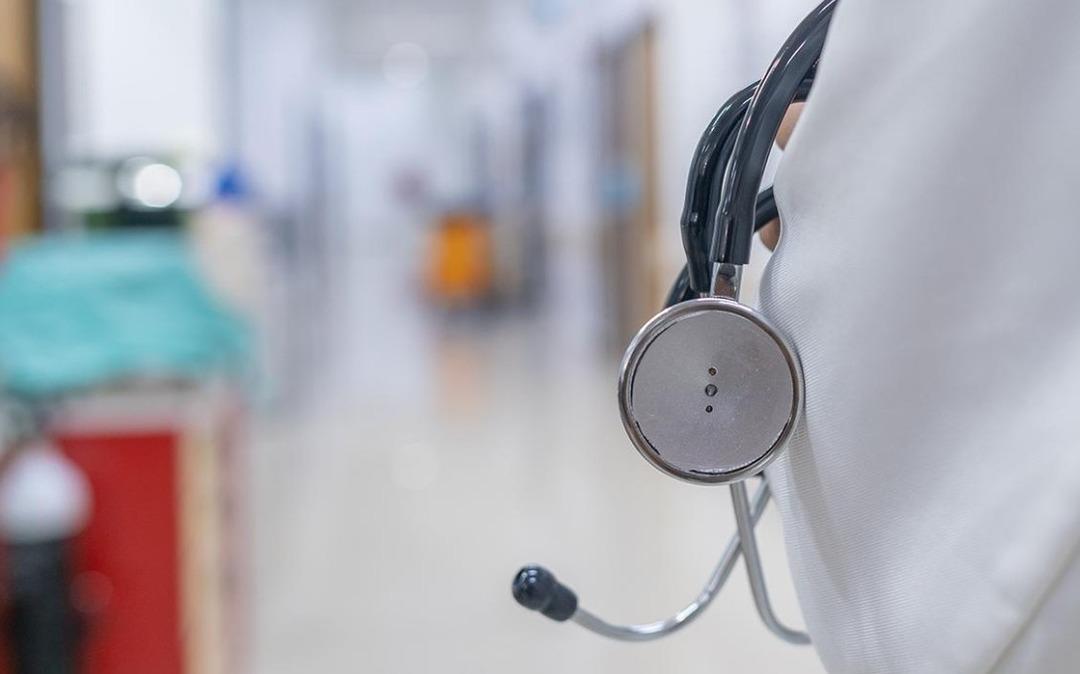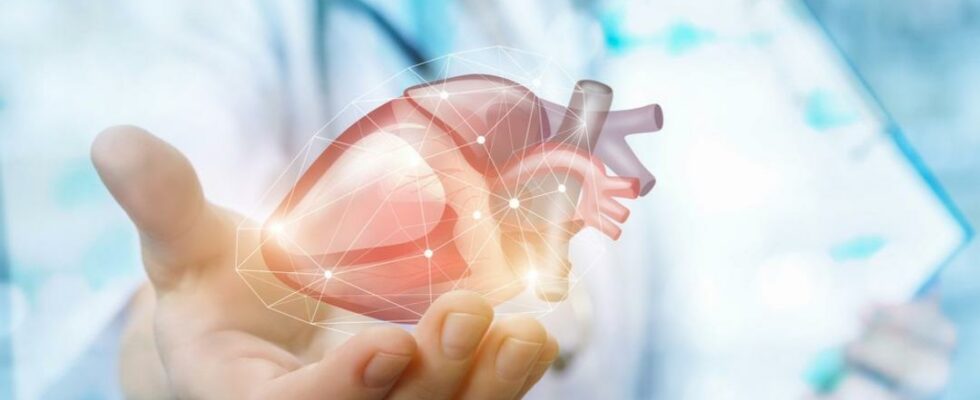It has long been thought that the heart is controlled solely by the autonomic nervous system, which transmits signals from the brain. It was known that the heart’s neural network, embedded in the superficial layers of the heart wall, was a simple structure that transmitted signals from the brain. However, recent research has revealed that it has a more advanced function than this.
“This ‘little brain’ has an important role in maintaining and controlling the heartbeat, similar to how the brain regulates rhythmic functions such as movement and breathing. We were surprised to see how complex the nervous system inside the heart is,” said Konstantinos Ampatzis, who led the study on zebrafish. “Better understanding this system may lead to new perspectives on heart diseases and help develop new treatments for diseases such as arrhythmia.”
The study was conducted in zebrafish, an animal model that exhibits strong similarities to human heart rate and overall heart function. Using a combination of methods such as single-cell RNA sequencing, anatomical studies, and electrophysiological techniques, the researchers mapped the composition, organization, and function of neurons in the heart.

Prof from the Department of Cardiology. Dr. Okay Abacı said the following about the results of the research:
“This discovery could pave the way for new treatments for heart diseases and rhythm disorders. Until now, the heart was considered an organ guided by signals sent by the brain. However, new research has shown that the heart has a complex neural structure that regulates its rhythm and that this structure can work independently of the control of the brain. This discovery could create a revolutionary development in the treatment of health problems such as heart diseases and rhythm disorders.

“The nervous system of the heart consists of the electrical network that regulates the heartbeat and ensures its harmonious contraction. This network includes the sinus node, atrioventricular node (AV node), and bundle of His. This neural network, which controls heart rhythm, not only regulates the functioning of the heart, but also ensures that it works in harmony with other organs of the body.
‘NEW RESEARCH WILL CHANGE THE FUTURE’
Prof. Dr. Abacı said, “Research has shown that similar results were obtained in studies conducted on zebrafish as with the human heart. This is a development that will allow more in-depth information about human heart diseases. “Model organisms such as zebrafish offer important tools in the treatment of heart diseases,” he said.

Prof. Dr. Okay Abacı: “Any disruption in the nervous system of the heart can lead to rhythm disorders (arrhythmias). These disorders can prevent the heart from working efficiently and lead to serious health problems. Disruptions in the neural network can cause the heart rate to be too fast (tachycardia) or too slow (bradycardia). “In the long run, such disorders can lead to major health problems such as heart failure,” he said.

Prof. said that this discovery on the nervous system of the heart will enable the development of new strategies in the treatment of health problems such as heart diseases and rhythm disorders. Dr. Abacı said, “This discovery may be an important turning point in the field of heart health,” adding that future treatment methods will target the neural network of the heart.
‘A NEW ERA IS BEGINNING FOR HEART HEALTH’

Prof. Dr. Abacı said, “This discovery will bring an important innovation in the treatment of heart diseases and rhythm disorders. “This discovery on the nervous system of the heart will not only improve existing treatment methods, but will also help reveal new treatment perspectives in the field of heart health,” he said.
DHA
